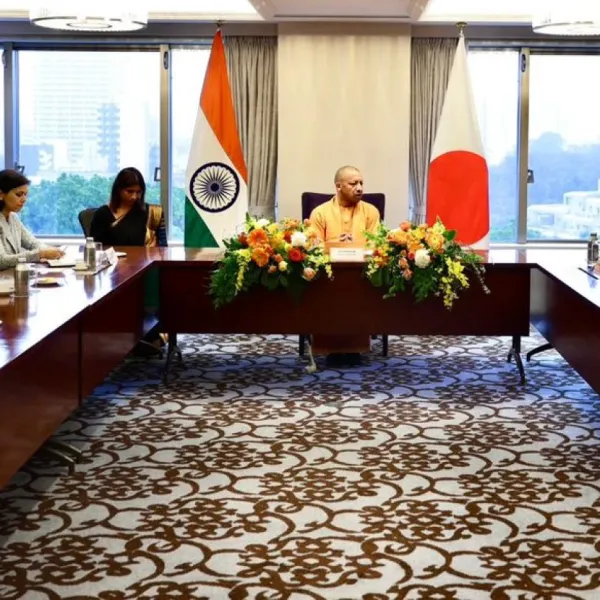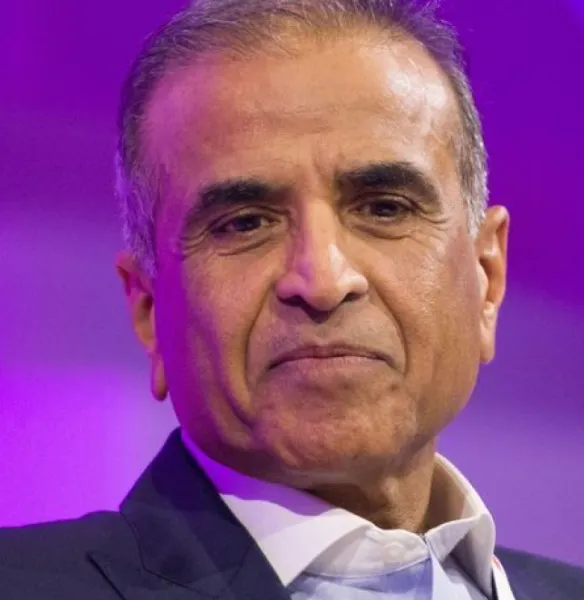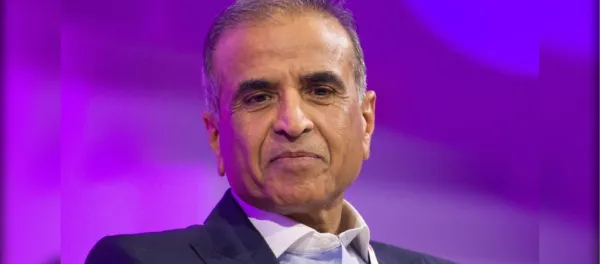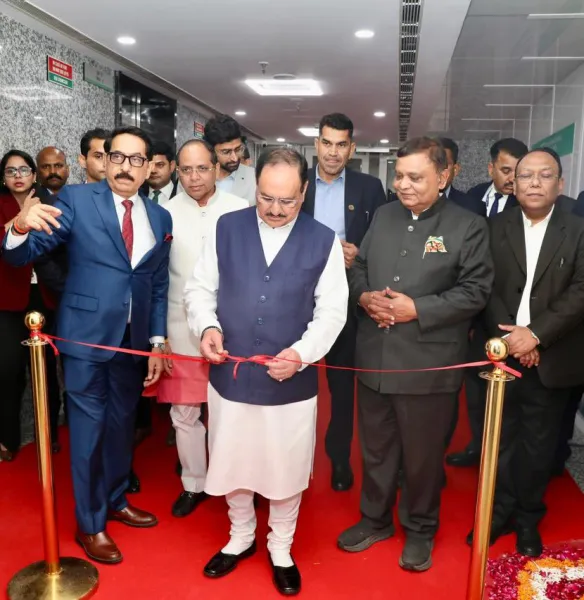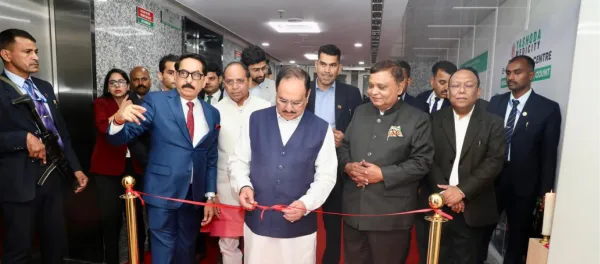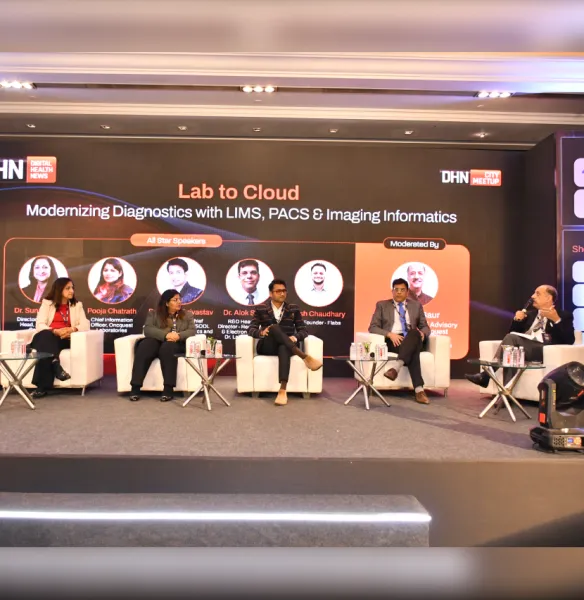Health Ministry to Consult States on Fixing Hospital Treatment Expenses following SC Directive

Reportedly, the ministry will seek suggestions from the state government this week on fixing charges for treatment at healthcare centers across the country.
Responding to a directive from the country’s Apex Court, the Health Ministry has now stepped in to start consultations with state governments.
Reportedly, the ministry is expected to seek suggestions from the state authorities this week on fixing treatment charges at healthcare centers across the country.
The development came to light after the Supreme Court (SC) last week raised concerns over the wide variation in treatment costs between government and private healthcare centers.
The SC directed the Centre to expeditiously fix treatment charges to be paid by patients, allowing six weeks for the same.
Background Story
Lack of uniformity in hospital billing practices across India has been a persistent concern. Some hospitals charge exorbitant fees, while others maintain more reasonable rates.
Moreover, the Clinical Establishment Rules, designed to ensure uniform rates for medical services, have not been fully implemented. This disparity affects patients’ financial burden and transparency in healthcare costs.
Although health insurance plays a crucial role in alleviating unpredictable medical expenses, the inconsistency in hospital charges poses challenges for insurers.
On the issue, a Public Interest Litigation (PIL) was filed in the Supreme Court, calling for standardization. The SC criticized the Centre's failure to specify the range of rates within which private hospitals and clinics can charge patients. Although a rule in this regard was framed twelve years ago, the court noted that it has yet to be enforced.
The apex court further asserted that citizens have a fundamental right to healthcare, and the government cannot evade its responsibility in ensuring this right.
The central government's recognition of the issue and the Supreme Court's directive to convene a meeting with state health secretaries represent positive steps forward.
Additionally, the Association of Healthcare Providers (AHPI), representing medium and small hospitals, plans to file an intervention in the Supreme Court this week.
Girdhar Gyani, the association's director general, has advocated for addressing the categorization of establishments by recommending the establishment of costing procedures based on established scientific principles and fixing rates within a specified range.
Diverse Industry Perspectives
Various industry stakeholders have different reactions to the prospect of standardizing healthcare costs.
Some argue that the task is incredibly intricate, citing factors including geographical location, logistics costs, and facility maintenance as significant challenges. They contend that even if resources were provided free of charge, achieving standardization would remain daunting.
Others, on the other hand, advocate for a balanced approach, suggesting that while some regulations may be reasonable to address unfair practices, market forces should also be allowed to play a role.
They also caution against jeopardizing the premium quality of private healthcare, stressing the importance of maintaining India's reputation as a global medical tourism destination.
Another viewpoint highlights the disparities faced by hospitals in non-metro areas, where insurance reimbursements are often lower despite providing quality care. For them, standardization might offer a semblance of fairness, especially if it ensures minimum compensation levels.
However, there are concerns about the perceived profitability of hospitals, particularly when they accept government compensation rates.
Some suggest that this acceptance may lead to the misconception that hospitals are making significant profits, whereas the reality may be more nuanced.
Moreover, there are voices advocating for expanded regulation to establish trust and confidence among the public, recognizing that a substantial portion of hospital revenue is already regulated.
Conversely, there are those who argue for sustainability and relevance in private healthcare, questioning why the sector is treated differently from other industries regarding subsidies and taxation. They stress the need for private healthcare to contribute to India's healing while remaining financially viable.
Overall, the issue of healthcare cost standardization evokes a range of opinions and concerns within the industry, reflecting the complexity of the matter and the diverse challenges faced by healthcare providers across the country.
Stay tuned for more such updates on Digital Health News











